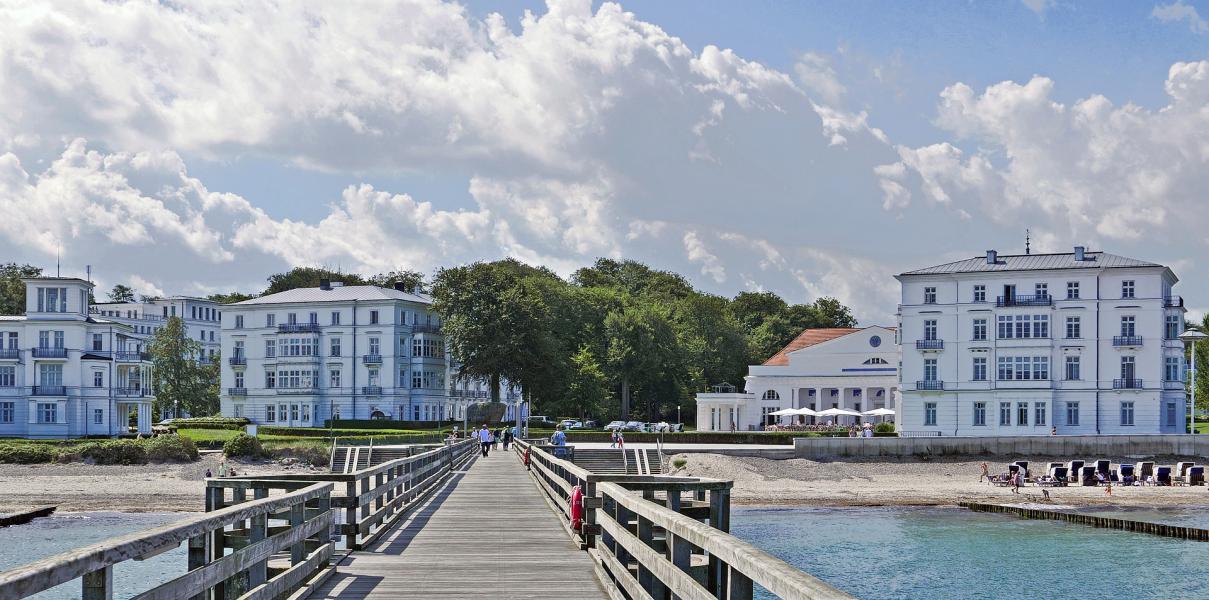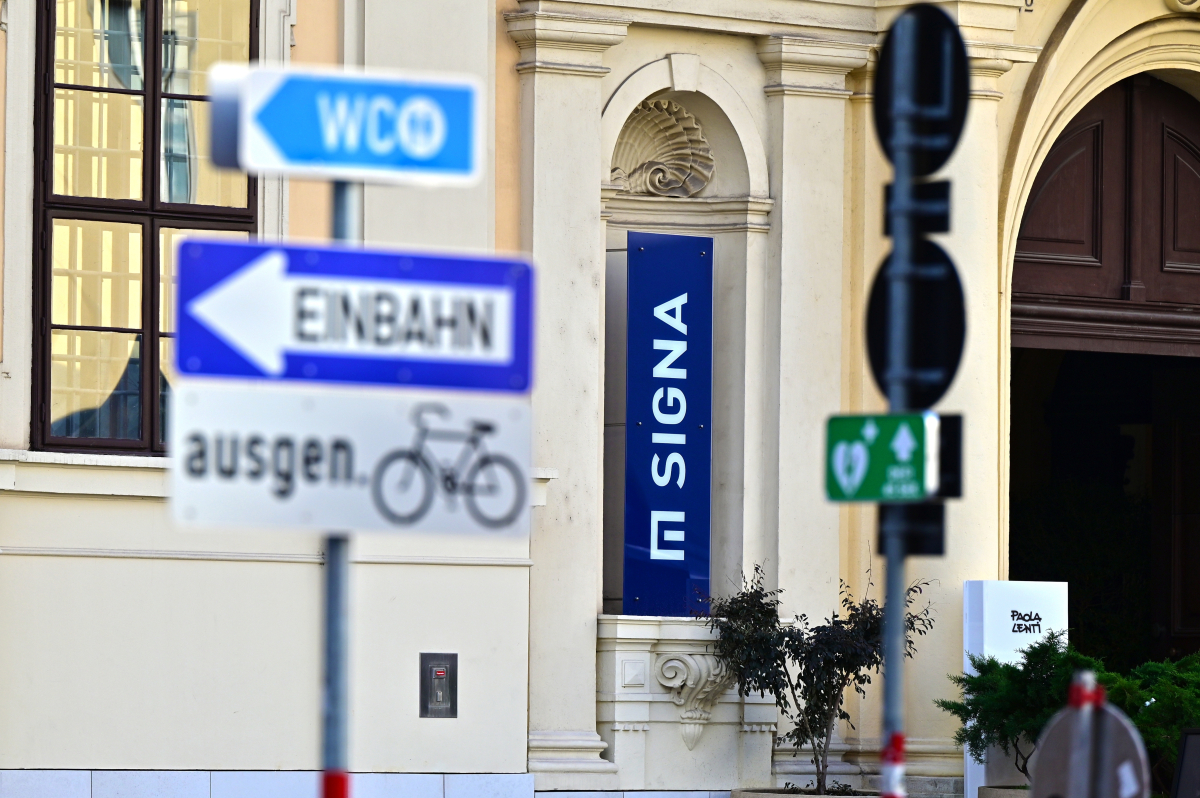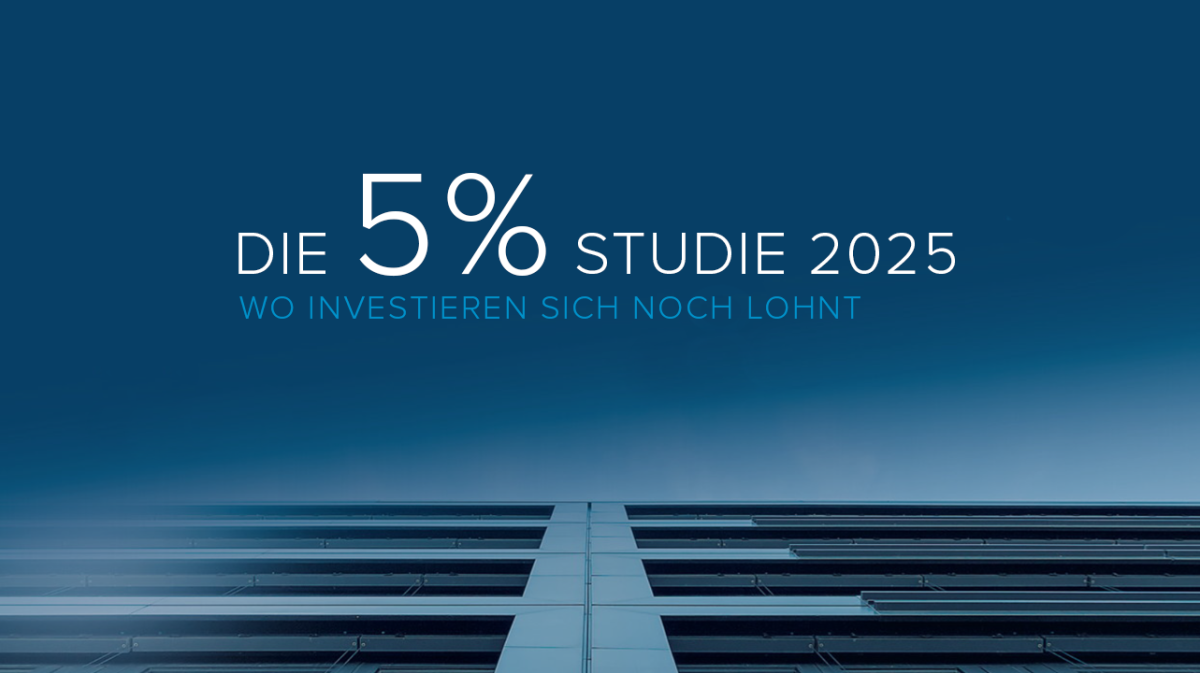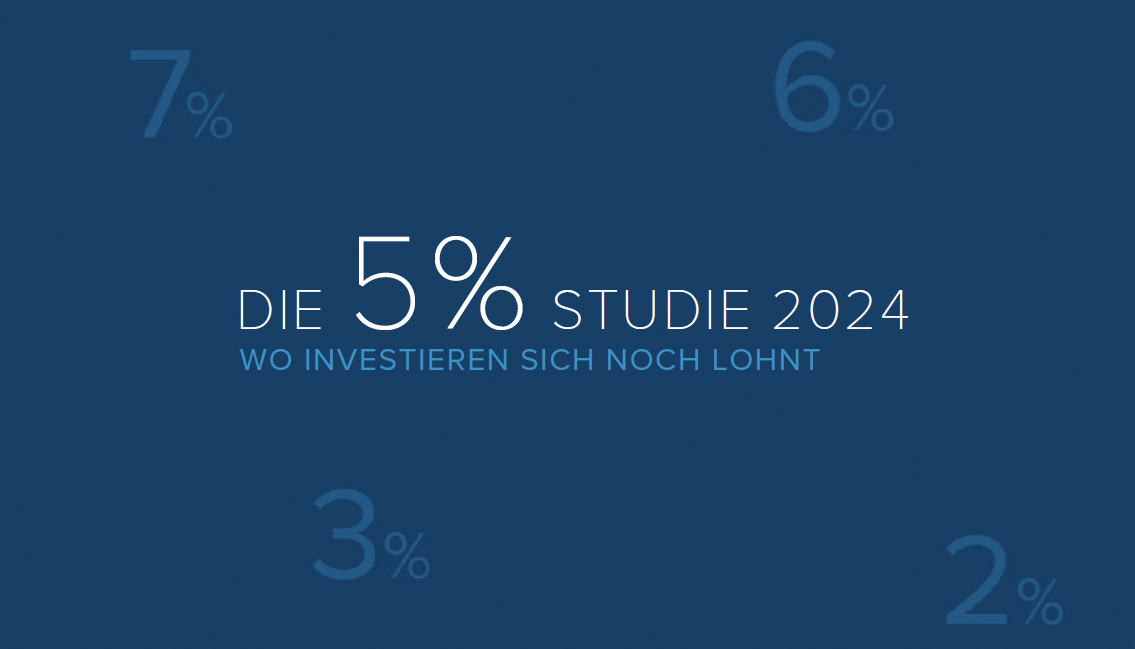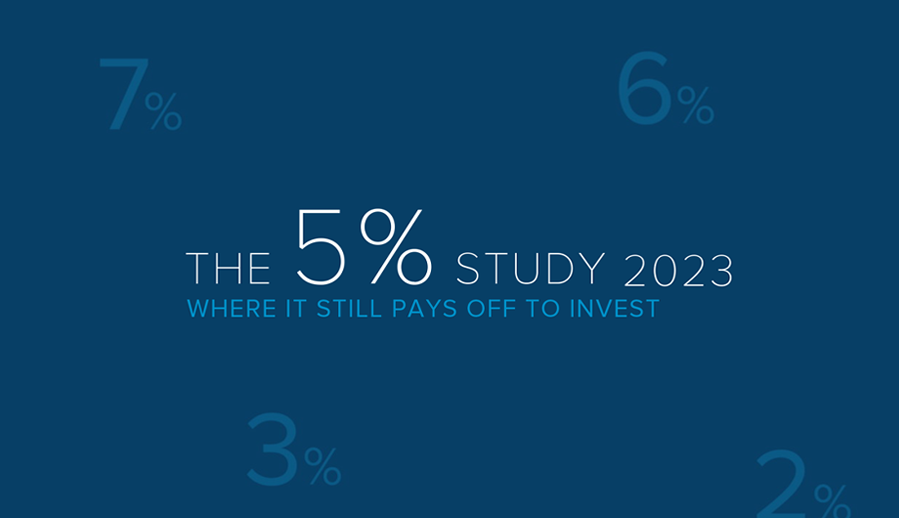Update hotel real estate
After two years of emergency, the hotel market is still far from pre-crisis levels. Now the situation seems to be improving in slow steps, even if the industry is still wavering between hope and fear.
With the lockdown lifted, tourist demand picked up again in many places - at least slowly. Accordingly, the monthly surveys on the real estate climate at the end of 2021 and beginning of 2022 showed that the mood in the hotel asset class recovered after a rapid decline in 2020. However, only a short time later, with the start of the war in Ukraine, hope faded for many players.
At the same time, the German hotel market has held its ground relatively well so far due to the high professionalism of all market participants and the state aid packages during the crisis. The mass insolvency feared at the beginning of the crisis did not materialise, although the number of overnight stays in the German accommodation sector fell by almost 40 percent in both 2020 and 2021. At the same time, some holiday regions achieved higher tourism figures in the summer months of 2020 and 2021 than before Corona, from which one or the other hotelier may have profited. Many are already talking about the "new importance of holiday hotels".
At the same time, Corona has hit large parts of the hotel market hard. Especially hotels in large and medium-sized German cities, which before Corona had been the main drivers of tourism demand in Germany and were therefore highly favoured by investors for years. In cities with more than 500,000 inhabitants, the decline in overnight stays was 56 per cent in 2021 compared to 2019. However, a closer look at individual cities reveals differences. While the level of overnight stays in the twelve large cities was almost 50 to 60 percent below normal even at the beginning of 2022, the situation was often not quite as dramatic in smaller cities. This is increasingly attracting the attention of operators and investors to C and D cities.
Despite all the euphoria in the holiday hotel industry, it should not be forgotten that not all holiday regions in Germany were in as much demand as the coastal regions, for example, and that demand was particularly directed towards types of accommodation that offered a high degree of flexibility and privacy, namely holiday homes and holiday flats or even campsites. It is no coincidence that project developers are desperately looking for land for new holiday home developments; the purchase prices for holiday flats and houses are rising significantly. In addition, it is questionable whether Germans will continue to visit German holiday destinations with the same intensity when foreign countries become accessible again. For in the last two years not only did hardly any guests from abroad travel to Germany, but also hardly any Germans went abroad. This will almost certainly change again. Especially countries where tourism is the main source of income will do everything in their power to attract tourists. One effective means of doing so is price. The high increase in room prices on the North Sea and Baltic Sea as well as the high inflation in Germany, which has already exceeded the five percent mark, do not bode well. The Germans' high price sensitivity does the rest.
It is also more than questionable how companies worldwide will deal with trade fairs and congresses or with business travel in general in the future. Various survey results show that many companies will reduce their travel activities. Accordingly, it requires a certain degree of optimism to believe in a pre-Corona level and a rising rate level in the near future. Especially since competition in the city hotel industry has not decreased but increased in the last two years, as new hotels have opened in many places and are still under construction or in planning.
The hotel industry is not only under enormous pressure on the revenue side - which, by the way, was not characterised by particularly high growth rates in the past years either. In the nine years before Corona, RevPAR (revenue per available room) rose by just 29 percent, in the two Corona years it fell by 64 percent, which is why supporting factors such as liquidity assistance, VAT cuts, short-time working allowances or rent reductions were absolutely necessary to save businesses. But these measures are mostly only temporary; hotel operators are burdened by rising costs. First and foremost, wages, which are now finally rising in the hotel and catering industry, which is a long overdue measure in view of the lack of labour in the industry and the shockingly low wage level in the hotel and catering industry. On the cost side, there are also rising energy costs, rising costs of goods and supplies and rising construction costs, which are being further fuelled by the current high inflation rates. This also applies to rents for leaseholds, which are usually index-linked.
In addition, many farms have to invest in digitalisation and sustainability in order to remain fit for the future. Neither comes as a surprise, but it hits the industry at a very inopportune time. And the hotel industry cannot avoid the topic of ESG, especially if it wants to be investment-ready.
The pandemic was not foreseeable, but the need to design operations that are more people-extensive, digital and sustainable, as well as portfolios with higher diversity, was in order to be prepared for the future. Some operators, investors and developers recognised this early on and have therefore come through the crisis comparatively well so far. Accordingly, there is currently mainly investor interest in innovative hotel concepts, serviced flats or operator-free properties with restructuring potential. However, many businesses lack the funds to invest now, which is why the path the hotel market will take in the coming months remains unclear.
Conclusion
At this point in time, we do not yet see any clear signs that speak for an all-clear in the German hotel real estate market. Rather, we expect further closures, takeovers and conversions of hotel properties in the coming months, as well as falling property prices and a declining volume of new construction.
This could cause problems in some places, as without an attractive hotel industry, tourism in Germany is not possible; it contributes to about seven percent of Germany's value added and employs about nine percent of all workers in Germany. Thus, the future of hotel real estate does not depend solely on the return of tourism demand, but on the support of all those who benefit directly or indirectly from an attractive hotel landscape in Germany.
Note: You can read a more detailed analysis of the hotel market in our text in the ZIA Spring Report 2022.
Contact: Dierk Freitag, Head of Hotel and Leisure Real Estate, freitag@bulwiengesa.de
You might also be interested in
For our magazine, we have summarized relevant topics, often based on our studies, analyses and projects, and prepared them in a reader-friendly way. This guarantees a quick overview of the latest news from the real estate industry.
Little movement on the German real estate market
For the eleventh time, bulwiengesa presents its comprehensive analysis of the German real estate markets. The results of this year's 5% study, conducted in collaboration with ADVANT Beiten, show that the German real estate market is characterized by widespread stagnation. At the same time, niche segments are becoming increasingly attractive. The market is increasingly rewarding professional asset management and specialist knowledge—a trend that separates the wheat from the chaffFive per cent returns no longer illusory even for core properties
The ‘5% study - where investing is still worthwhile’ celebrates its tenth anniversary. Since the first edition was published, the German property market has tarnished its reputation as a safe investment haven. Higher yields are now within sight, even for prime properties, and even residential property is increasingly becoming a profitable asset class again. The market is more exciting than it has been for a long timeValuation for corporate insolvencies
In turbulent times, more companies than ever are facing insolvency. According to our data alone, this affects around 400 project developments and countless existing properties. Ideally, valuations for insolvency administrations show more than the actual valueInteresting publications
Here you will find studies and analyses, some of which we have prepared on behalf of customers or on our own initiative based on our data and market expertise. You can download and read many of them free of charge here.

